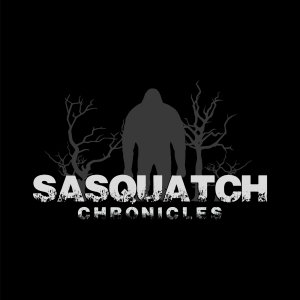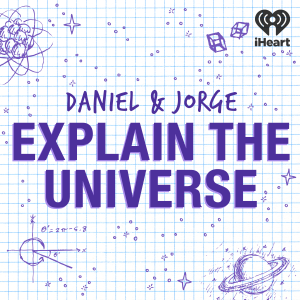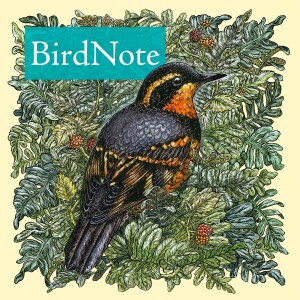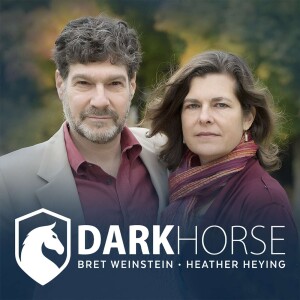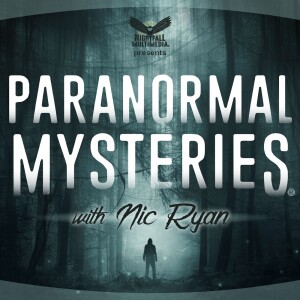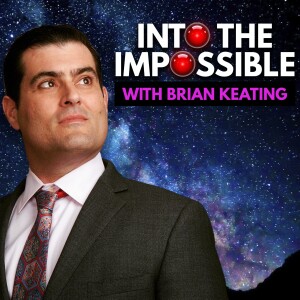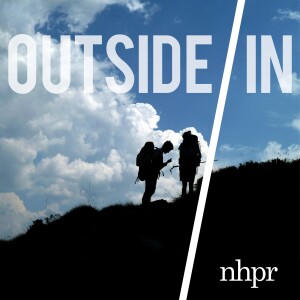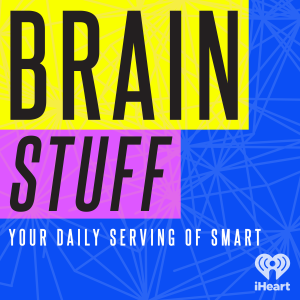

Episode List
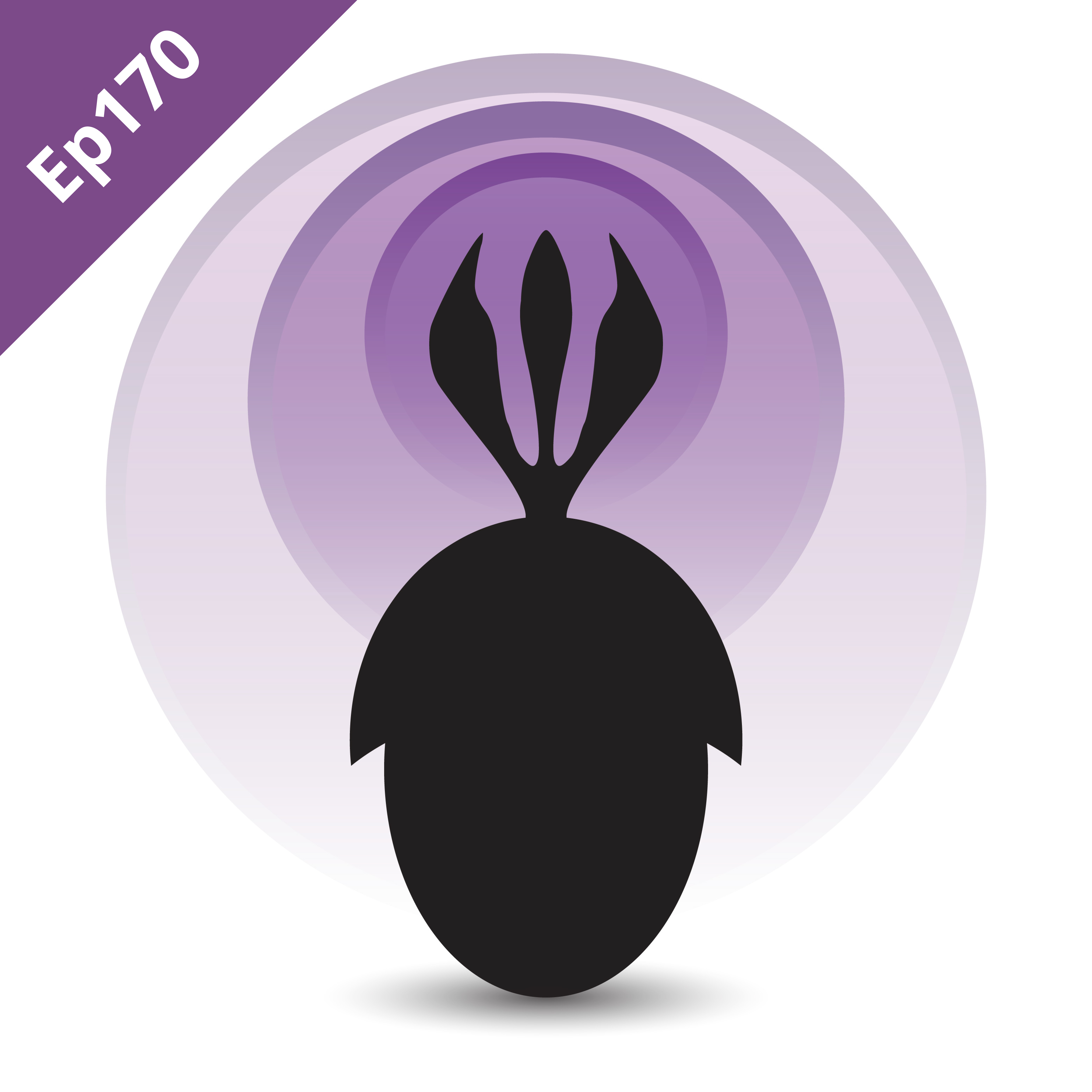
Episode 170: Cariocecus bocagei
The iguanodontians were an incredibly successful group within the Cretaceous. They could reach incredible sizes, with the largest species even matching the proportions of some sauropods, and they also had an incredible palaeogeographic range, meaning that their remains are found all over the world today. In the late Jurassic, they were a lot less diverse and much smaller, so the late Jurassic and early Cretaceous are key times for understanding the evolution of this group. Cariocecus bocagei is a newly described iguanodontian from the Early Cretaceous of Praia do Areia do Mastro, Portugal. Whilst it is only know from a partial skull, there are numerous useful characteristics that help identify it as a new species and fill in our understanding of iguanodontians in this important time in their evolution. Joining us in this episode is Dr Filippo Bertozzo of the Royal Belgian Institute of Natural Sciences.
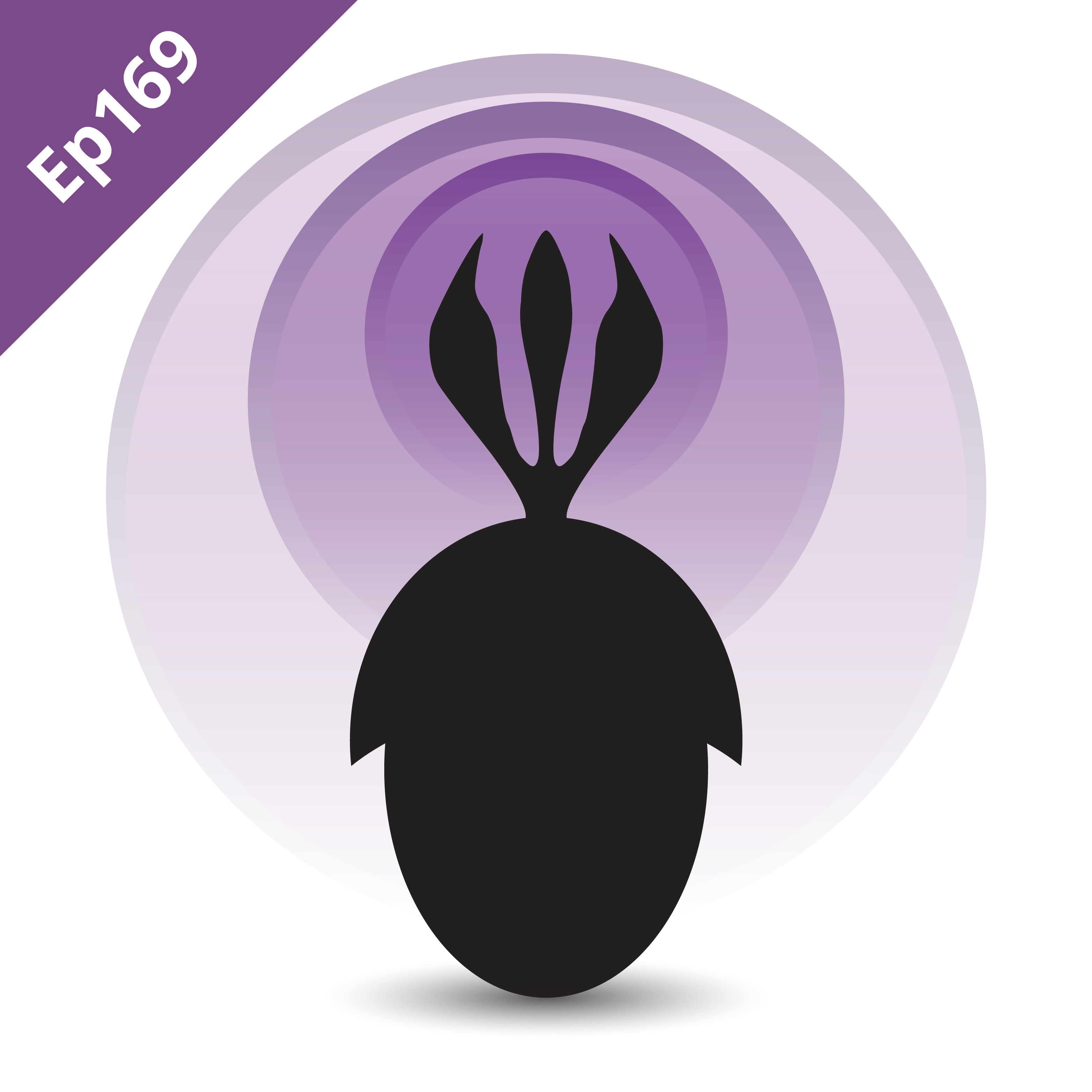
Episode 169: Grasslands Pt2
Grassy biomes, including grasslands, savannahs and crops, cover over 40% of all land on Earth. They play a significant role in carbon and silica cycles and have a large impact upon the climate. Grasslands (grass-dominated ecosystems) have shaped the evolution of numerous groups of organisms, most obviously grazing mammals, and can support a huge amount of biodiversity. Humans evolved in the savannas and through domestication of grasses formed agriculture, leading to a modern diet dominated by grasses such as oats, rice, wheat and corn. As anthropogenic climate change threatens large scale uncertainty, it’s vital that we understand the controls that govern the success of this fundamentally important group. It is only by studying the evolutionary history of grasses that we might be able to predict how they will fare in future. Joining us in this episode to speak about the challenges of piecing together the evolutionary history of grasses from a relatively poor fossil record is Prof. Caroline Strömberg of the University of Washington.
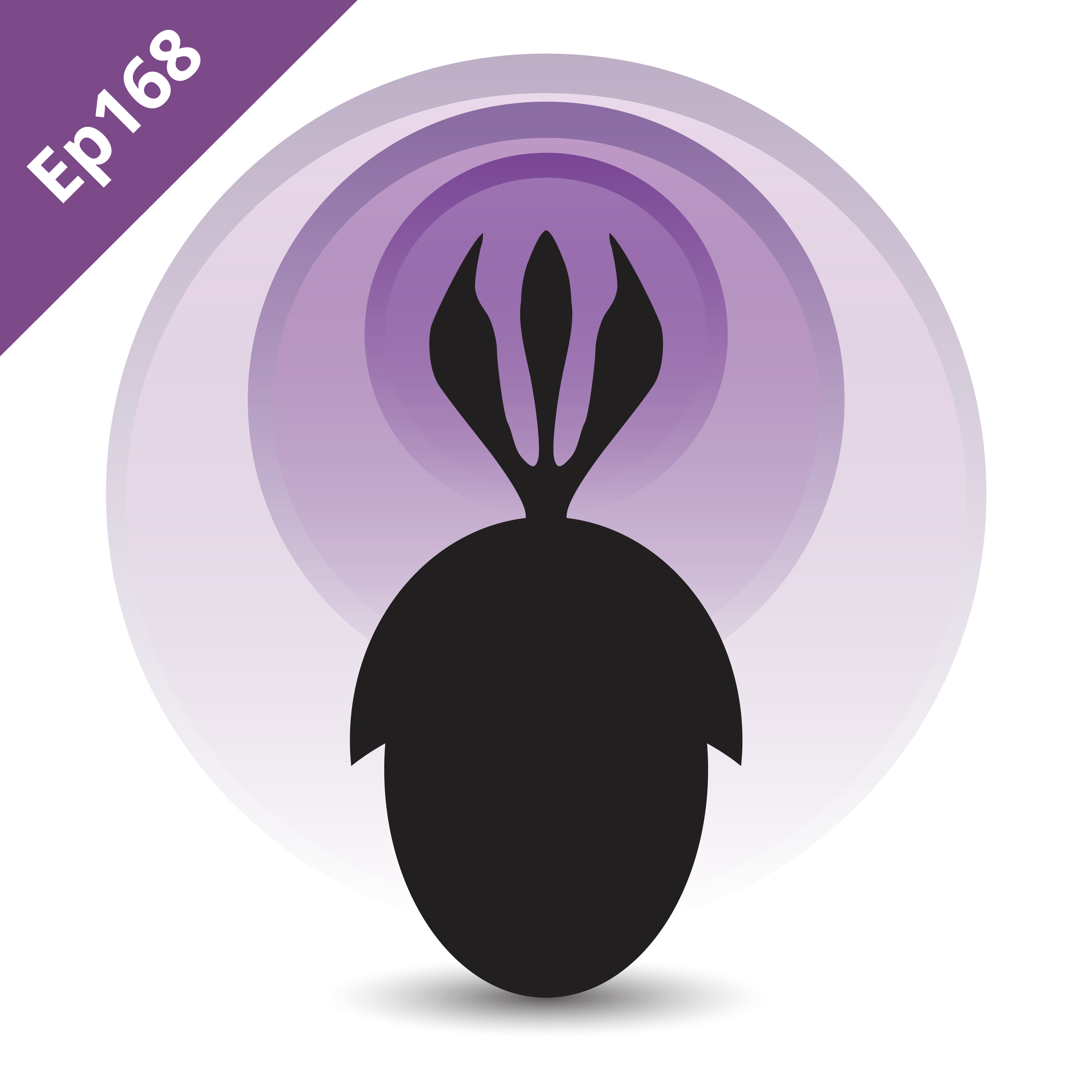
Episode 168: Grasslands Pt1
Grassy biomes, including grasslands, savannahs and crops, cover over 40% of all land on Earth. They play a significant role in carbon and silica cycles and have a large impact upon the climate. Grasslands (grass-dominated ecosystems) have shaped the evolution of numerous groups of organisms, most obviously grazing mammals, and can support a huge amount of biodiversity. Humans evolved in the savannas and through domestication of grasses formed agriculture, leading to a modern diet dominated by grasses such as oats, rice, wheat and corn. As anthropogenic climate change threatens large scale uncertainty, it’s vital that we understand the controls that govern the success of this fundamentally important group. It is only by studying the evolutionary history of grasses that we might be able to predict how they will fare in future. Joining us in this episode to speak about the challenges of piecing together the evolutionary history of grasses from a relatively poor fossil record is Prof. Caroline Stromberg of the University of Washington.
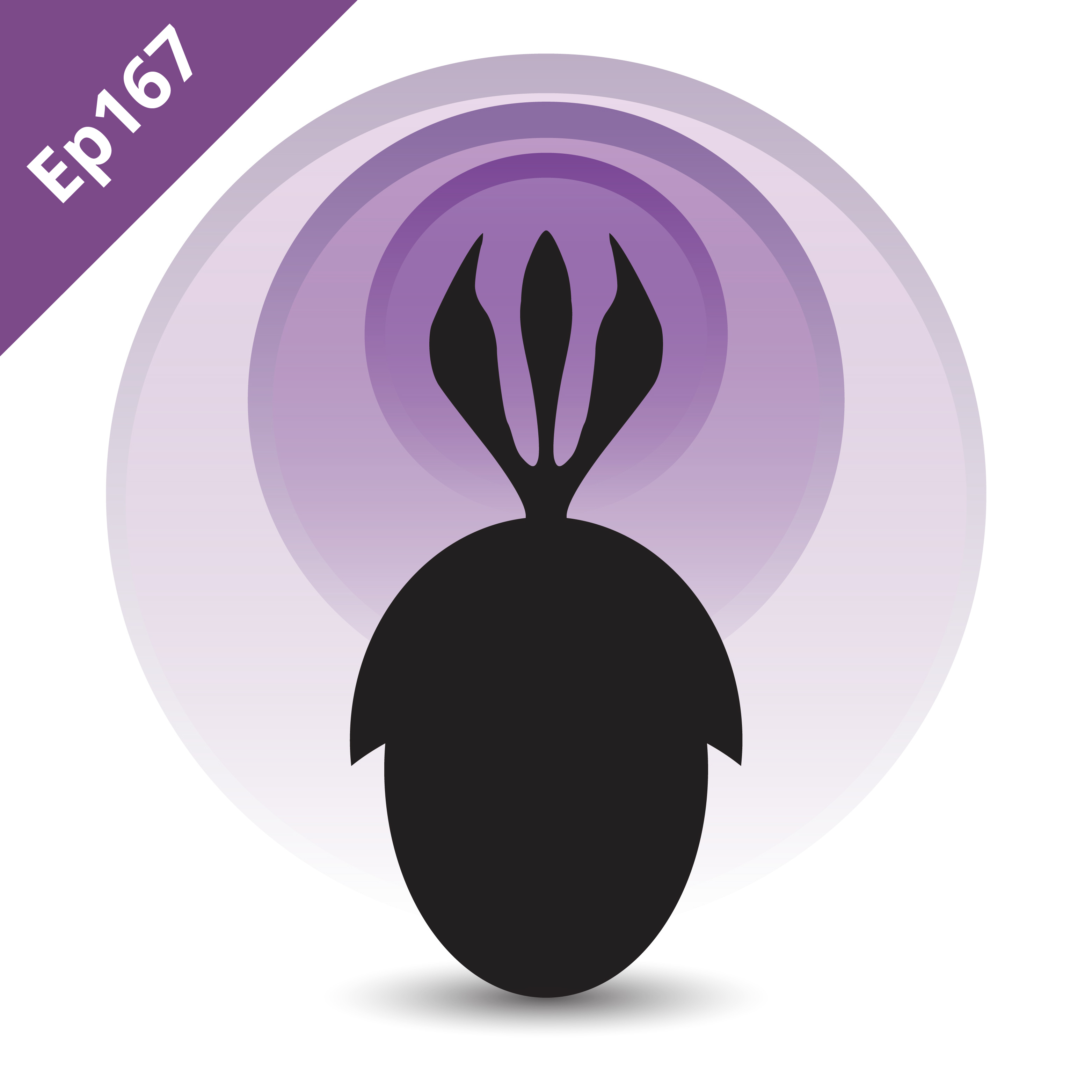
Episode 167: Origin of Teeth Pt2
Determining the origin of teeth in vertebrates is an incredibly significant but notoriously difficult problem within palaeontology. Teeth didn’t evolve in the mouths of our ancestors, but are first seen as part of the external skeletons of jawless fish as structures called ‘odontodes’. These would later migrate into the mouth with the evolution of jaws, becoming the teeth we have today, but odontodes still remain present in the skin of modern cartilaginous fish, giving them their rough texture. The oldest known odontodes are from the late Cambrian Period and represent the very first evidence for vertebrates in the fossil record. Unfortunately, they are only ever found as part of fragmentary pieces of exoskeleton, however, given that their specific construction is only known in vertebrates, there is little else they could possibly be… Joining us for this episode is Dr Yara Haridy, University of Chicago, who set out to use modern new scanning techniques to better understand the nature of these first teeth and what they tell us about the evolution of vertebrates. What she discovered was unexpected, but also led to better understanding of the purpose of odontodes in the dermal exoskeletons of our ancestors.
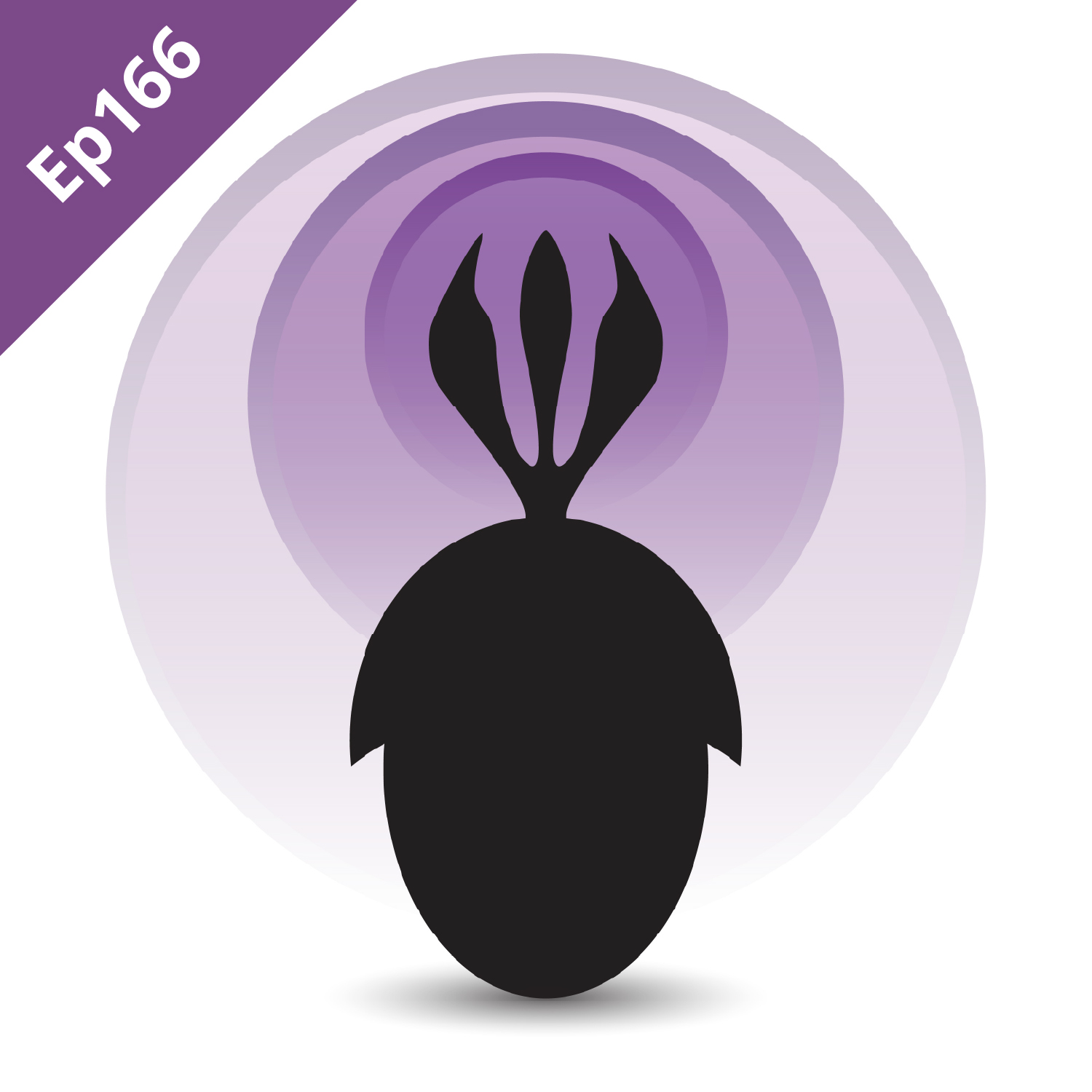
Episode 166: Origin of Teeth Pt1
Determining the origin of teeth in vertebrates is an incredibly significant but notoriously difficult problem within palaeontology. Teeth didn't evolve in the mouths of our ancestors, but are first seen as part of the external skeletons of jawless fish as structures called 'odontodes'. These would later migrate into the mouth with the evolution of jaws, becoming the teeth we have today, but odontodes still remain present in the skin of modern cartilaginous fish, giving them their rough texture. The oldest known odontodes are from the late Cambrian Period and represent the very first evidence for vertebrates in the fossil record. Unfortunately, they are only ever found as part of fragmentary pieces of exoskeleton, however, given that their specific construction is only known in vertebrates, there is little else they could possibly be... Joining us for this episode is Dr Yara Haridy, University of Chicago, who set out to use modern new scanning techniques to better understand the nature of these first teeth and what they tell us about the evolution of vertebrates. What she discovered was unexpected, but also led to better understanding of the purpose of odontodes in the dermal exoskeletons of our ancestors. Her research was recently published in Nature and is free to access.
Create Your Podcast In Minutes
- Full-featured podcast site
- Unlimited storage and bandwidth
- Comprehensive podcast stats
- Distribute to Apple Podcasts, Spotify, and more
- Make money with your podcast
